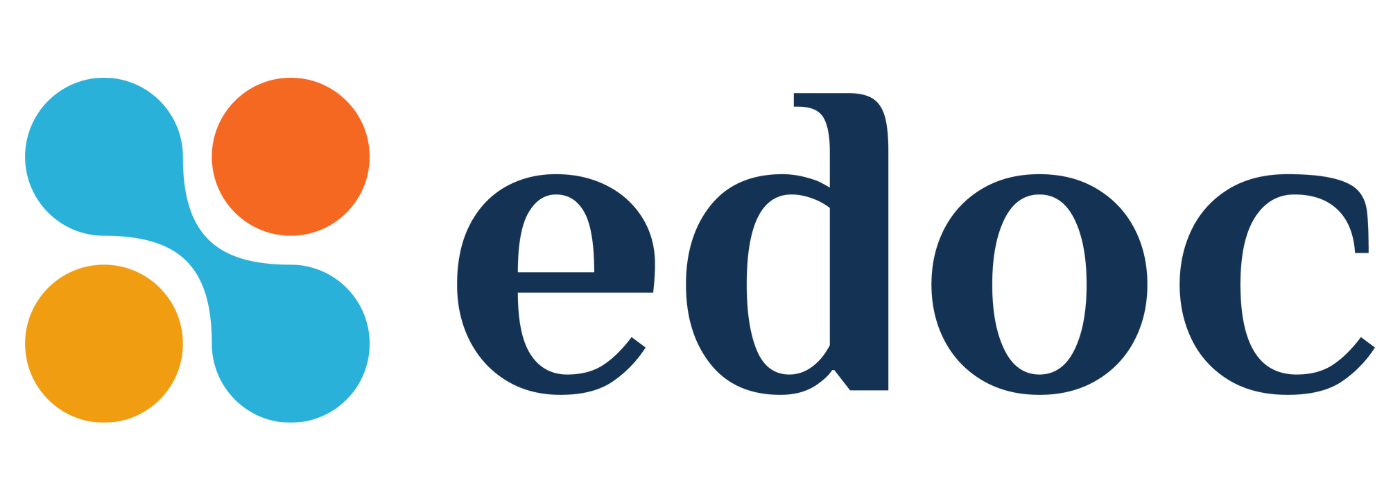Culture: The Foundation for Extraordinary Growth
The GrowCo 2014 conference, held in Nashville, Tennessee, started off with an appropriately bold assignment coming from Inc Magazine’s Eric Schurenberg: “You’re in Nashville, so be bodacious,” he said. “Don’t leave without being audacious.”
It was a fitting introduction to a packed house, since the theme of the event was fearlessly seeking business growth. GrowCo14’s roster of speakers included Jason Fried, Mark Cuban, Amy Jo Martin, Bert Jacobs, John Schnatter, and Julia Hartz, and more.
Here are two takeaway lessons for remote workers from GrowCo14:
1. There is immense power in optimism.
Life is Good co-founder Bert Jacobs founded the lifestyle brand built on the premise of spreading optimism. Wearing a shirt that read “Not All Who Wander Are Lost,” the Chief Executive Optimist kicked off the first day of GrowCo by telling us he knew that life has its challenges but that optimism is an outlook—a mindset—one that we must seek for ourselves each day.
“Do we see obstacles or opportunity? We all have that decision when we wake up each morning,” he said to the highly energized crowd.
Bert witnessed the potential power of optimism when Life is Good first saw success. The co-founders started to get mail from the brand’s supporters—lots and lots of mail!
Tens of thousands of letters poured in. At first, Bert and his brother John didn’t know exactly what to do. And what was (even more) unexpected was that they started to get mail from people with what Bert described as “real challenges.”
“We got mail from people that we didn’t think would be optimists. But we found that people that faced the most adversity in the world, are actually the ones who embraced optimism the most; they are the ones who don’t take anything for granted,” Bert said.
Bert and his brother discovered that through business they could add a little more “good” to the world.
Currently, ten percent of Life of Good’s net profits go to kids in need. Bert shared that the company’s sub-brand, Playmakers, aims to bring joy to children. The non-profit helps train people who are a part of the process in overcoming child violence and poverty.
Bringing the message home, Bert shared his philosophy on approaching life and work: “We get lost in this idea that…our job is more important than anything else. It’s not! Your job is there to serve what’s most important to you.”
2. Culture is the foundation for extraordinary growth.
A candid Mark Cuban told us when he purchased the Dallas Mavericks (a team that had been called the worst professional franchise of the ‘90s), the first thing he sought to fix to turn the franchise around was culture.
“I had to really change the culture to remind people, that we’re here to create an experience. You don’t remember the jump shots, you don’t remember the score of the game. You remember who you were with…
I had my first date. Why did you bring your first date to the game? So I didn’t have to say a word,” he joked. “…Those things are memorable. Those are lifetime memories,” he explained.
Mark (who made the crowd laugh as much or more than any other speaker), said as he looked to change culture in this way, he received a great deal of pushback from the “old schools guys.”
The so-called “über entrepreneur” also shared a story of how he tried to better relate to those that worked for him—specifically those whose role includes sitting on the court, next to the players’ bench during the game. He wanted to know as much as he could about the culture. “I want them to respect me for the job I do.”
On one of the first road games, he did just that. His idea: “I don’t really know these guys. I’m going to sit on the floor…and enjoy the game.”
The rest is history: Mark got a call from the league after about how he was getting fined for his actions—of course, one of the many times Mark has been fined, a fact he seemed proud of.
“What? What did I do? I made sure not to yell at any refs that game!” The answer was conduct unbecoming an owner.
“But everybody in my organization, knew point blank, where I stood,” he said.
Doing More, With Less
Jason Fried of Basecamp also spoke about how culture plays an integral role in healthy growth for his company. For Basecamp, new milestones have been reached through a continual commitment to culture.
Jason’s slow-and-steady approach to growth (a great juxtaposition to Mark’s more competitive, hardnosed style) was founded on the assertion that companies shouldn’t sacrifice service to customers, or how you treat your team, just for the sake of growth. “I am not setting out to grow. I am setting out to make a great product,” he said. “I don’t want to chase dollars and profits at the expense of things that are important to me.”
Saying just how important culture was to him, Jason said every year he pays for a vacation for everyone on the Basecamp team. It may limit his growth, but it’s his vision and intent to stay small. (Another example: he wants to make sure everyone knows each other’s name at the company.)
So how does he evolve and lead the company in this way, even when it means removing products altogether so that they can remain focused?
If you explain the vision and are clear about it, people will come along with you, he told the attendees.
